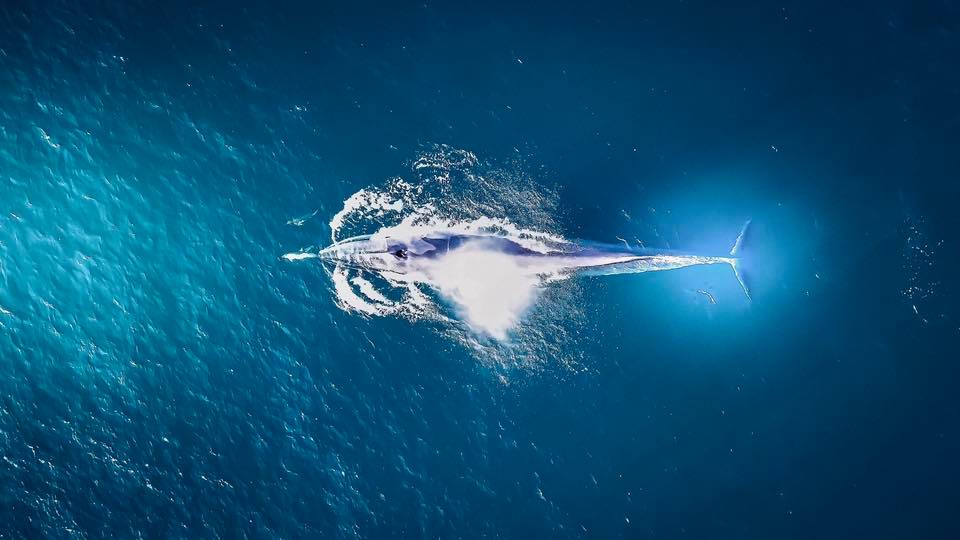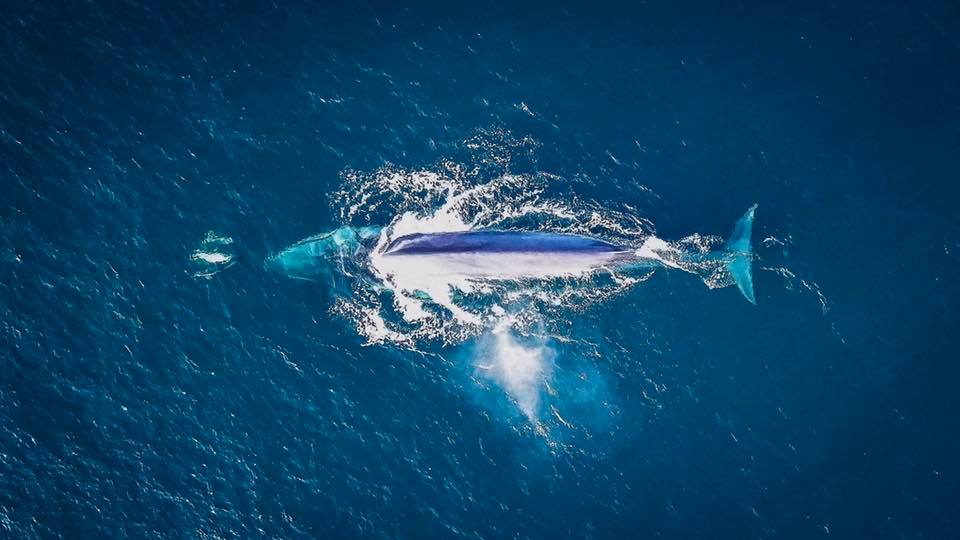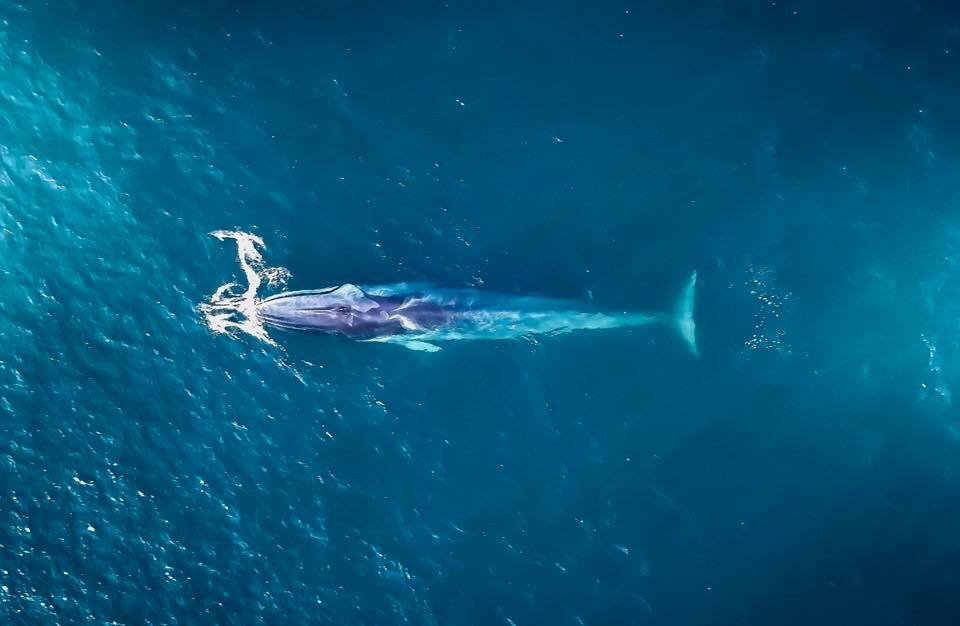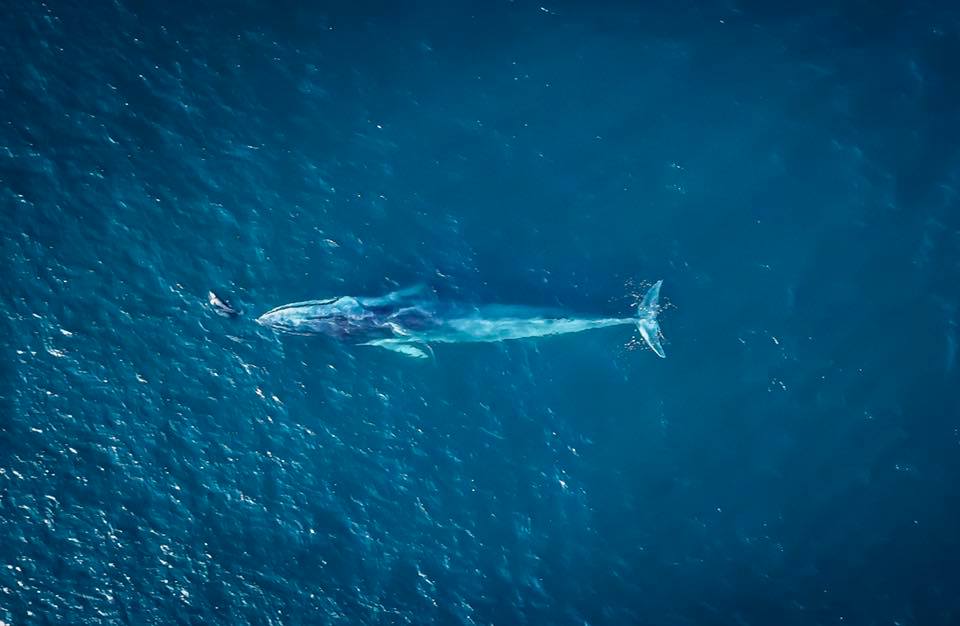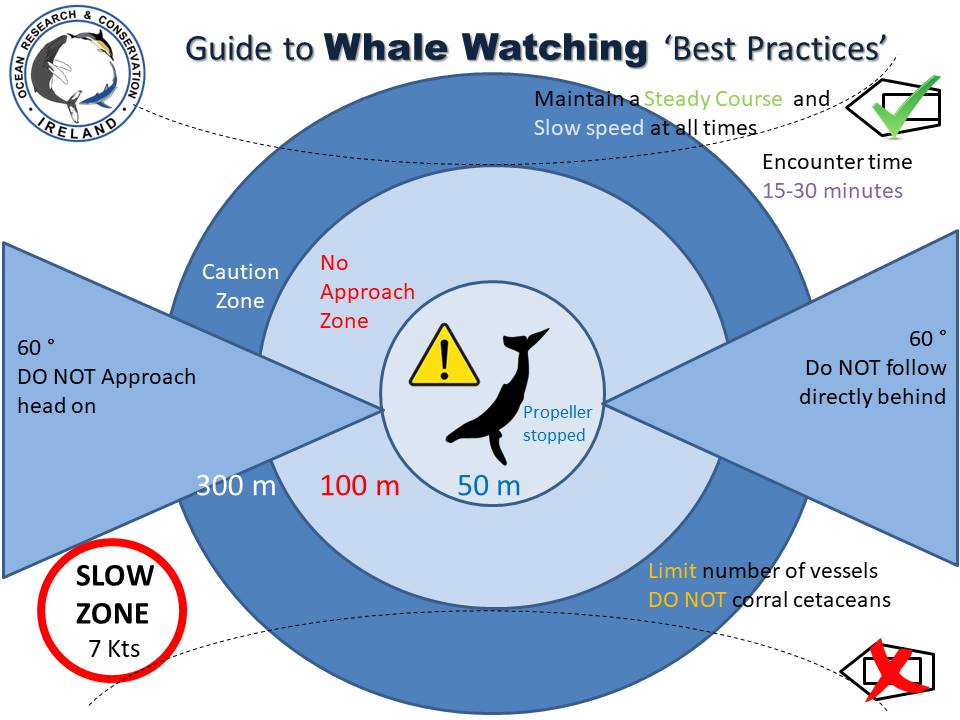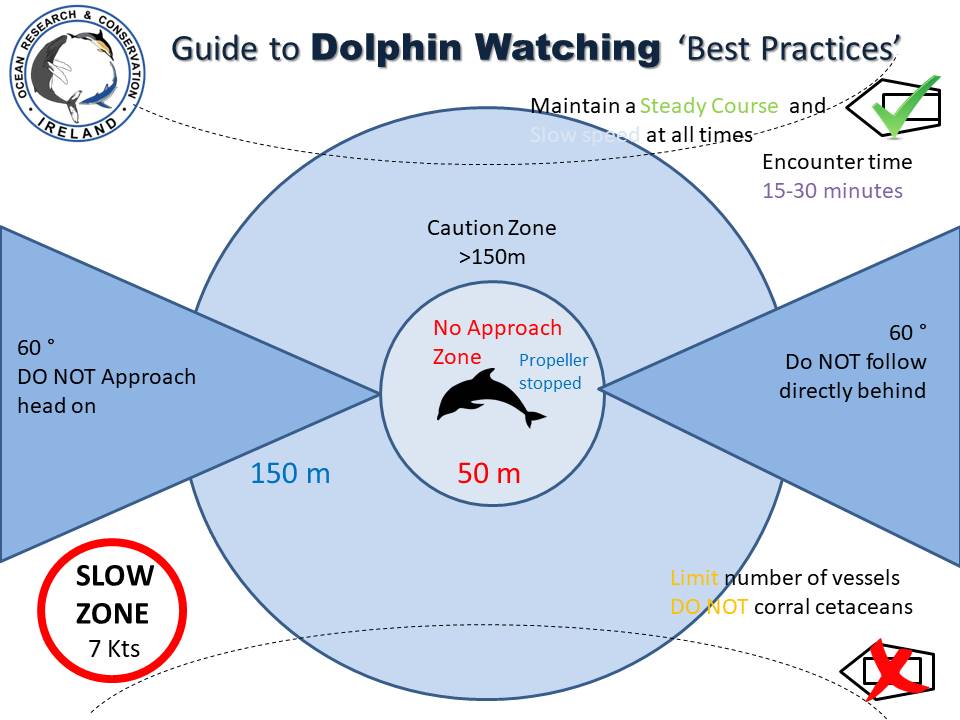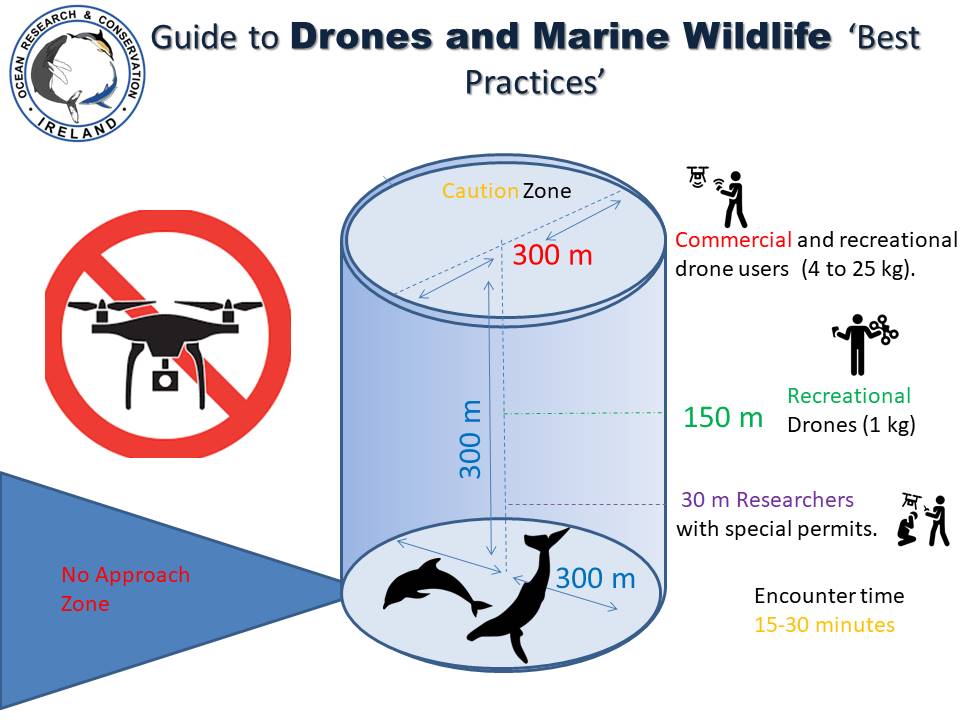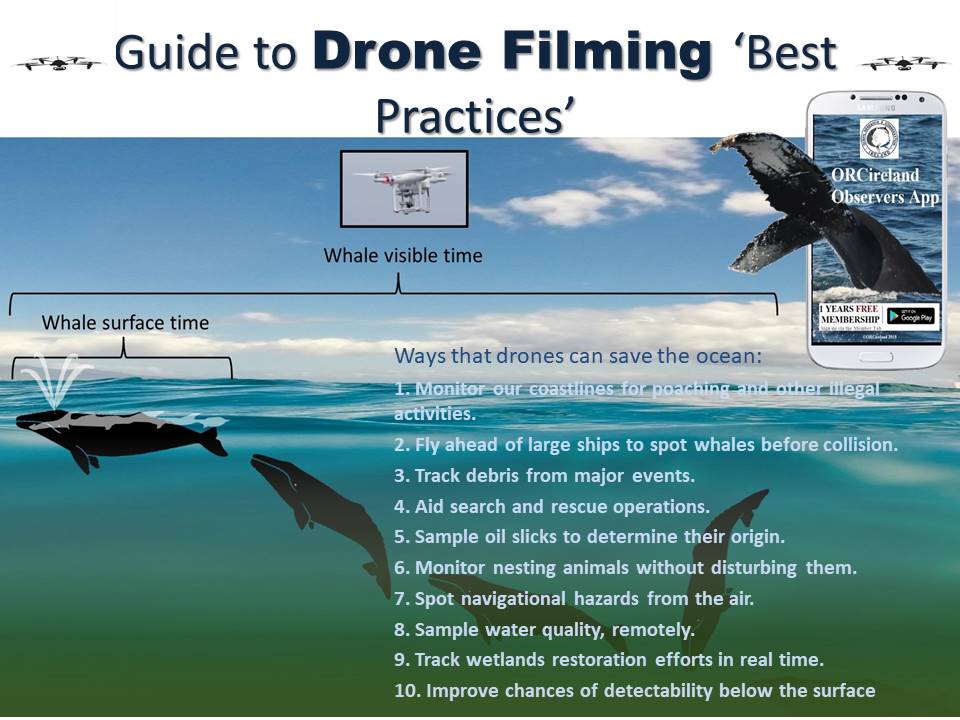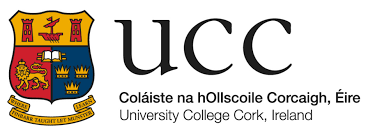FLUKE FOLLOW PROJECT
CITIZEN SCIENCE ~ TECHNOLOGY ~ MARINE WILDLIFE ~ EDUCATION
ORCAIreland's Fluke Follow Project was coined in 2016 and began in 2018. Fluke Follow aims to monitor and minimise disturbance to marine wildlife in Irish waters through research, education and conservation.
With the help of the latest technology, from unmanned aerial vehicles (UAVs), to mobile phone recording applications with our "Observers" App, and of course, the #OCEANHEROES/ citizen scientists that contribute their valuable images and footage, we are learning a great deal about how marine wildlife such as whales and dolphins and other elusive migratory top predators like Atlantic Bluefin tuna (Thynnus thynnus) use our waters.
In 2018, ORCAIreland teamed up with professional drone photographer Greg Coleman who captured the first drone footage of a whale in Irish waters, and that happened to be a fin whale (Balaenoptera physalus). the second largest animal on Earth!
Challenges
Every successful research trip depends on minimising disturbance to the animals we are monitoring and promoting dedication to a strict 'Code of Conduct' following the ORCAIreland's National "Guide to Whale & Dolphin Watching Best Practices" and "Guide to Drone Filming Best Practices". The 'Fluke Follow' Project will fulfill its aims using a combination of photogrammetry, photo-identificationand genetic analysis of to monitor baleen whales and examine their distribution and abundance, morphometrics (length and weight), energetic budgets, population structure and behaviour in Irish waters.
Drones
Drones are not a new concept in marine conservation around the world, however little or no work using drones to monitor baleen whales exists in Irish waters to date (Keaveney et al., 2019_for review). Photogrammetry is a tool used in marine ecology research in many parts of the globe, providing insights into animals which would otherwise be too difficult to capture, such as measurements of length that are impractical or too dangerous to collect (e.g. sharks, Klimley and Brown, 1983; fin whales, Ratnaswamy and Winn, 1993; coelacanths, Décamps et al., 2016). Drones have also been used to collect blow samples from whales and to collect details on their body condition and health status (Pirrota et al., 2017).
Generally, conventional photogrammetry of free ranging whales is conducted from fixed wing aircraft, which is both costly and dangerous. A relatively cheap alternative is the use of UAVs or unmanned aerial systems (UAS), which provide a unique opportunity for researchers to gain a new perspective into the lives of whales when they are not only above but also below the surface, improving our understanding of their behaviour and thus, enhancing their protection.
Fin whale filmed by professional drone photographer and citizen scientist in west Cork, October 2018. © Greg Coleman /ORCAIreland.
UAV's are also a useful method for enhanced monitoring as they can assist in species identification and counts of faster swimming animals such as dolphins or tuna. See our Youtube Channel: https://www.youtube.com/watch?v=1L2l9lNkHNY. The increased visibility provided by using a drone is second to none, and so is a natural step in modern ecological research.
Value
The 'FlukeFollow' Project brings value to a range of human activities which can be carried out sustainably and responsibly, and used for the enhancement of marine conservation, such as whale watching activities or citizen science, to help follow the movements of magnificent marine animals such as the "Great Whales" and Atlantic bluefin tuna to better understand their habitat use in Irish waters. Well managed citizen science projects empowered by regulated sustainable ecotourism with the use of modern technologies can improve marine ecological studies through enhancement in species identification and abundance estimation. It also has the advantage of helping to analyse intra-specific socialisation and species associations in foraging aggregations in Irish waters.
You can help us, donate to the Fluke Follow Project today: GoFundMe
and download the Observers App from Google Play to become a citizen scientist #OceanHero.

